- Ma Huan, played the role of recorder and intermediary in the historical process of Zheng He's voyages
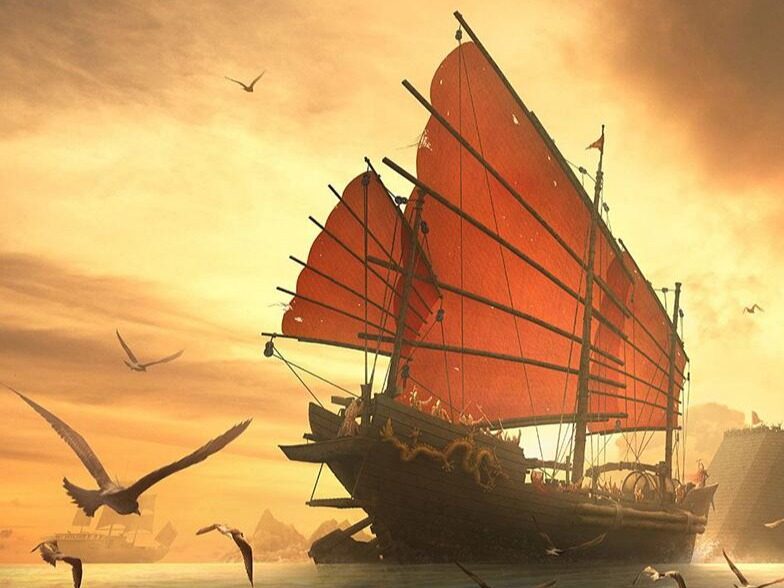
In the second year of Zong Jingtai in the Ming Dynasty (1451), an old man who was over the age of ancient times completed the final proofreading and signed and concluded his paper, summarizing his many years of maritime experience. The old man's name was Ma Huan, who was a member of the Hui ethnic group in the early Ming Dynasty. This work, dictated by him and copied by his colleagues, is the most important historical material for later generations to understand the history of Zheng He's voyages to the West-"Yingya Shenglan".
Ma Huan has personally experienced three voyages with the fleet, namely the fourth (starting in the 11th year of Yongle, 1413, to July of the 13th year of Yongle, 1415), and the sixth (starting in the 19th year of Yongle, 1421). Years, to August of the 20th year of Yongle, 1422) and the seventh (from December of the sixth year of Xuande, 1432, to July of the eighth year of Xuande, 1433). During the seventh voyage to the West, Ma Huan and several other Muslim officials were sent to Mecca by the order of the eunuch Hong Bao to take the pilgrimage to Mecca.
Ma Huan is a Muslim who believes in Islam-the important source of ancestors of the Hui people today. In the Ming Dynasty, the Hui Hui who undertook foreign exchanges in the Yuan Dynasty were an important minority in the Ming Dynasty, and they also had a very important position in navigation. Based on a series of existing studies, taking Ma Huan, a recorder of ethnic minorities, as a case, briefly show the historical role played by Hui people as individuals and ethnic groups before and after Zheng He's voyages to the West.
Ma Huan's growth background
First, let’s review the profile of the Huihui people, the ethnic group Ma Huan belongs to. Most of the Muslim-dominant Hui people are from the Western Regions, and their ancestors were forced to move east from their place of origin by the Mongols during Genghis Khan’s Western Expedition and settled in China.
Due to the religious tradition of respecting business, and the multi-ethnic coexistence that has allowed them to speak multiple languages, these Hui people played an important role in the commerce and diplomacy of the Yuan Dynasty, and also filled the traditional Chinese culture of focusing on agriculture and suppressing business. An important intermediary group. As they settled in China, on the basis of preserving the original cultural heritage (such as religious beliefs), the Hui people realized partial localization, such as writing Chinese names and poems.
At the end of the Yuan Dynasty, chaos occurred frequently, and Huihui people suffered multiple persecutions. For this reason, a considerable number of them were forced to be displaced and became victims in the turmoil. After the establishment of the Ming Dynasty, in order to consolidate the righteousness against alien rule and at the same time inherit the legitimacy of the previous dynasty, Zhu Yuanzhang adopted two policies: legally, he declared that the Ming Dynasty had inherited the legal system of the Yuan Dynasty; People and other ethnic groups (such as party members) take severe restrictions, such as not allowing them to marry each other, and requiring them to marry with other ethnic groups.
Zheng He and Ma Huan, the superiors and subordinates of Huihui background, grew up under this background. Zheng He, formerly known as Ma Sanbao, was born in 1371, from Yunnan. In the 1480s, the Ming Dynasty defeated King Yuanliang in Yunnan, and local residents suffered corresponding retaliations—some fled, such as brother Ma Sanbao; some were castrated and became eunuchs of various levels of government, such as Ma Sanbao himself.
After Ma Sanbao was castrated, he changed his name to Ma He, served King Yan, and studied literature under Yao Guangxiao's school. Because of this experience, while retaining the memory of the Muslim family, he passively accepted the Three Jewels and practiced Buddhist knowledge, which became a typical case of blurred religious boundaries.
After Zhu Di took the throne, he gave Ma He the surname Zheng, which is the origin of Zheng He. Because of the castration, Zheng He was unmarried and childless for life. In order to facilitate property inheritance, he adopted his adoptive nephew as heir at his request. A considerable part of the Hui people surnamed Zheng, who live scattered in Jiangnan, Yunnan, and northern Thailand, are descendants of Zheng He's patriarchal clan system.

The statue of Zheng He created by later generations
Ma Huan, whose name is Zongdao, belongs to Kuaiji (now Shaoxing, Zhejiang). He was born around 1380 and was born in Huihui. Ma Huan has been engaged in military service for many years and grew up in the cultural system of the Western Regions. His Chinese writing level is relatively weak compared to his colleagues, so that "Yingya Shenglan" was actually copied after his own dictation with the assistance of colleagues.
If it weren’t for this grand voyage, Ma Huan would probably be the same as most Huihui who stayed in all parts of the country. He would either be engaged in military duties and passed on from generation to generation; or stay in Siyi Pavilion and help the court interpret at the time. Persian language with a wide spread meaning; or stay in the Qin Tianjian, engage in astronomical observations, and provide reliable astrological analysis for the court; or, like the descendants of individual Hui Hui people, gradually dilute the memory of ethnic groups. But Zheng He's voyage changed his life and played an important role in promoting further exchanges between China and the Islamic world.
Ma Huan's three trips to sea
In the eleventh year of Yongle (1413), Zheng He recruited a group of entourages with Muslim background to assist the fleet's diplomatic operations in Muslim countries along the voyage. After three voyages, Zheng He Fengzhao prepared for the fourth voyage.
Ma Huan was recommended to Zheng He's fleet for his general language (including Persian and Arabic), and participated in the important work of interpretation as a generalist. In the process of Zheng He's voyages, translators played a considerable role, especially in the two major language systems of Arabic and Persian.
In the Middle Ages, Persian was a "cross-domain universal language", comparable to the influence of English today. In the Ming Dynasty, Persian was the core of the four statutory diplomatic languages "Huihui". The establishment of relevant institutions in the "Siyi Pavilion" was used to carry out diplomatic work with other countries;
There are several situations in the countries along the Western Ocean: one is that the monarch to the national subject is Muslim, such as "Mantraja" (Sultanate of Malacca), "Panggala" (Bangladesh), "Hulhummu" (Hall Muzi) and "Tianfang" (Mecca); one case is that the proportion of domestic Muslims is small and the highest ruler is not a Muslim, but Muslims play an important role internally, such as "Guri".
As an official from the Hui people, Ma Huan grew up in the formerly prosperous areas of "Islam Gate" in Jiangsu and Zhejiang. A lot of the legacy of the "Hui Hui elders" of the Yuan Dynasty such as Alodin still remains. Ma Huan is proficient in both Persian and Arabic.
During Zheng He's seven trips to sea, Ma Huan participated in three of them: the fourth, sixth, and seventh. During the two trips to sea during the Yongle period (fourth and sixth), Ma Huan traversed from the southeast coast of China to the edge of the Arabian Peninsula.
In Java (Manchurian Pahit Empire), Ma Huan pointed out that there are three kinds of inhabitants in Java: one is indigenous people who believe in Hinduism, Buddhism, and local beliefs in ghosts and gods; the other is "Huihui", that is, Muslims. However, according to Ma Huan’s description of the “Tang people” in the post, the “Hui Hui people” here should be Arab, Indian and Persian merchants who believe in Islam, rather than his own ethnic group; the other is from The "Tangs" in China are the early Chinese descent. Most of these ethnic Chinese are Muslims: "First-class Chinese people...most of them are fasting from the Muslim door." Most of them are businessmen, and some of them form small groups in the Malay Islands: on the one hand, they win with their own religious beliefs. The support of other Muslim businessmen expanded their financial resources; on the other hand, they assisted the Ming Dynasty in Southeast Asia through its own cultural memory.

The images depicted in later generations restore the style and features of Majapahit in its heyday
Shi Jinqing's family is a typical case of early Chinese descent: Shi Jinqing's family was born in southern China, once settled in Champa, and later moved to Sumatra, and is a Chinese Muslim. Because of their rule in the Old Port, their family was recorded by Ma Huan and became an important entry in the "Old Port State".
After passing through Java and Siam, Ma Huan arrived in Mantra, the famous Sultanate of Malacca in Southeast Asia. As the most important partner of the Ming Dynasty in Southeast Asia and an important tributary country, the Sultanate of Malacca has always attached great importance to cooperation with China, and the succession of successive sultans has also truthfully reported to the Ming Dynasty.
Parameswara (1344-1414) became the first sultan of Malacca in 1402 and confirmed diplomatic relations with the Ming Dynasty three years later. By the time Ma Huan arrived in Malacca, the Sultan had been Iskandar Shah (1370-1424), the son of Paremisura. When Iskandar succeeded to the throne, he had formally converted to Islam, thus winning the support of local residents. Therefore, Ma Huan wrote: "Everyone in the kingdom of the king is from Islam."

Tombstone of Mansoursha (1432-1477) of the Sultanate of Malacca, Mansour is the great-grandson of Iskandarsha
When he traveled to Ceylon (Sri Lanka), Ma Huan also made field trips. He interpreted the depression on the top of a mountain in Ceylon as "Sage Atan, the footprint of Pangu". There is no doubt that Ma Huan is a Muslim, but "Adan" (ie the founder of mankind "Adan" in Islamic classics) is called "Pangu", which more or less reflects the degree of influence of Chinese culture in Ma Huan's own cultural construction . In addition, Ma Huan's statement on Ceylon gems also adopted the Buddhist view-"Buddha's tears are formed."
Along Little Gelan and Kochi, Ma Huan followed the fleet to Guri (Kalikat on the southwest coast of India). Like Kochi, Guri belongs to the political system on the southwest coast of India. It consists of five classes of residents: Nankun people (Nair), local residents who believe in Hinduism, and belong to the monarch of Guri (Zamorin class) and most ordinary people. Class; Chitti, the wealthy class; Kling, the intermediary merchant class; Huihui, the Muslim merchant class, assisting the Guri monarch; Mukuva, similar to the untouchable class. There is a division of labor in typical cultural communities in Guri. The king’s citizens are Hindus and do not feed on beef; the "Huihui people" of the middle class are Muslims and do not eat pork. The two classes have their own needs, so it is called "You don't eat cows, I don't eat pigs".
Ma Huan did not introduce in detail the social and cultural conditions of the other two classes of "Zhedi" and "Geren", but according to the development of the Malacca Sultanate in the same period, both of them actually participated in the socio-economic and social development of the Malay Peninsula. Culture, "Geren" especially influenced Malacca's clan cultural orientation.
This is the case with the Tun Ali family, which has been in the sultanate of Malacca for a while, and they are called by the Malays as the masters of the "Geren" political faction. Iskandarsha, the grandson of the grandson of South Indian descent, Qasim (namely "Muzaffar Shah", Muzaffar Shah, 1410–1459) overthrew and killed his half-brother Ibrahim Sultan and became the first A monarch of non-Malay descent borrowed the power of his uncle Tun Ali. In view of this, "Geren" may include a large number of local Muslim groups, which is still significantly different from the "Huihui" represented by Arab-Persian merchants.
Passing through the "Liu Shan" (Maldives), Ma Huan arrived at Zufar (located in the southwest of Oman) and Aden (Aden, Yemen) in the Arabian Peninsula. When Ma Huan arrived in "Adan", it was the 19th year of Yongle (1421), which was an important point in his second trip to sea. After the return journey, due to Zheng He's post in Nanjing Defense, and the death of Zhu Di and Zhu Gaochi, his voyages to the West were temporarily suspended.
Beginning in the sixth year of Xuande (1431), Ming Xuanzong ordered Zheng He and others to prepare for the seventh "Sailing to the West". Zheng He only participated in one of the short trips on this voyage-Zheng He himself was old and physically declining, and he was near the end of his life. During the voyage, Zheng He died midway and was buried on the spot. His beloved men returned his clothes and manuscripts to the Ming Dynasty.
After Zheng He's death, the eunuch Hong Bao took over the management of the fleet. The fleet proceeded along the established route. On the way, Ma Huan learned of Shi Jinqing's death (1424) and his daughter's succession, so as to add to the previous article.
Starting from "Bengal" (Bengal), Ma Huan continued to record the corresponding situation and added to the previous text. In "Bengali", Ma Huan recorded the local "Bengali" from top to bottom, with Bengali as the core language and Persian: "Mandarin is from Bangali (Bengali), proclaiming himself There are also those who speak Farsi (Farsi, Persian) in a family of languages."
This record can correspond to the actual social situation of the Sultanate of Bangladesh in the 15th century: in the 15th century, Bangladesh formed a sultanate government and quickly formed a large Muslim settlement along the river. Because Muslim monarchs generally had the Persian court language tradition at that time, Persian had a certain influence in the local area, and even affected the surrounding non-Muslim groups. For example, the Persian language was popular in the Hindu upper class in western Bengal.
Starting from Guli, Ma Huan and his party arrived in the "Ormuz" (Ormuz, or Hormuz). The Emirs of Hormuz attach great importance to local business contacts, and Daming is no exception. In Hormuz, Ma Huan saw that the local "nationals are all rich", there are officials such as "Qadi" (Qadi) in charge of political and religious affairs, and the market is very prosperous. Here you can witness wonderful "tricks", such as "Sheep on a high pole". After completing their mission in Hormuz, Ma Huan, Guo Chengli and other Muslims went directly to the "Heavenly Kingdom", the Muslim holy land of Mecca.
The Mecca consul at that time learned of the fleet coming and informed Hong Bao and others that he hoped to establish diplomatic ties with the Ming Dynasty. However, the holy city of Mecca has always been only open to Muslims. During the period of Guri, Hong Bao had already drafted the corresponding documents and sent seven Muslim officials including Ma Huan and Guo Chongli directly to Mecca (passing by Hormuz during the period) and passed them. Hajj, by the way, handed over documents to Mecca to establish formal diplomatic relations.
Prior to this, although the Chinese literature (such as "Dao Yi Zhilue") had described Mecca, since the authors did not come here, some of their descriptions of Mecca had loopholes. Wang Dayuan and others described Mecca as having a mild climate. By the time Fei Xin wrote The Star Chase, the description of Mecca’s climate directly quoted previous statements, which is quite different from the fact that Mecca has a tropical desert climate throughout the year. . Regarding this, Ma Huan, as a personal witness, directly wrote the true climate of Mecca in "Yingya Shenglan": "This country is the country of Moga... Its climate is always hot as summer."

"Heaven's Square" in Ming Dynasty Painting "Silk Road Landscape Map" (now its name)

The "Kaaba" Kaaba in Mecca (Ma Huan remembered as "Kaaba")
As a Muslim, Ma Huan performed the pilgrimage of Muslims in the "Five Merit" (reciting the fasting ceremony) in the "Tianfang". As a Muslim, he pays much attention to the customs of the holy city, leaving very important "first-hand information" for this-in contrast, whether it is Fei Xin's "Xingcha Shenglan", or later "Xianbinlu", There is no Ming dynasty document that is more detailed and true than Ma Huan’s narration of Mecca in "Special Domain Zhou Zilu" and "Dongyi Tushuo", because Ma Huan has entered the "Forbidden Temple" and "Kaaba" as non-Muslims. A religious shrine that is almost impossible to enter.
From ancient times to Mecca, and then to the return journey, Ma Huan and his party "go back one year" before and after, completing the last voyage of the Ming Dynasty. Among the objects Ma Huan brought back were "all kinds of treasures, unicorns, lions, llamas, etc.", and they were sent to Beijing as a pilgrimage record by drawing a "true copy of heaven".
With Zheng He's death on the way, "Zheng He's voyages to the West" came to an end. After the Ming dynasty's internal and external difficulties, Ming Yingzong became a prisoner of the Oirat (Oirat) order and other things happened one after another, so China's foreign exchanges stagnated.
Ma Huan himself is gradually moving into his twilight years, and an ordinary official cannot participate in the historical changes at this time. What he can do is to summon the colleagues who accompanied him to restore his personal experience step by step according to the dictation, so as to further add to the manuscript of "Yingya Shenglan". In the end, in the reign of Zong Jingtai in the Ming Dynasty, the 35-year "oral-copying" of "Yingya Shenglan" finally came to an end.
Ma Huan and "Yingya Shenglan"
As mentioned above, due to the realistic living environment and his career as an official, Ma Huan's ability to write books was not as good as that of most literati at the time, and he described himself as "words, no literary decorations". Therefore, on the one hand, Ma Huan did his best to coordinate the diplomatic relations between Gentiles and Daming.
In the intersection of the two roles, Ma Huan inadvertently promoted himself to become an important role-the core recorder of the history of "Zheng He's voyages".
Because the time interval between the sixth and seventh voyages was too long, Ma Huan had completed the first draft of "Yingya Shenglan" before the seventh voyage, and published it. Therefore, "Yingya Shenglan" actually has Two versions: one is to record Ma Huan's two previous voyages, and the other is to add the record of Ma Huan's last voyage based on the original text.
In the book "Yingya Shenglan", Ma Huan included a total of 20 countries, and these 20 countries and regions were all personally visited by him. It can be seen that the authenticity of Ma Huan's records has an impact on the study of "Zheng He's voyage to the West". Important role. The official documents of the Ming Dynasty, such as "Ming Shilu", recorded "Zheng He's voyages to the West" relatively simple; the border crisis and the political dilemma also caused the Ming Dynasty government and the public to be quite indifferent to Sino-foreign relations at that time, and many materials were ignored or even lost. .
In the line between the lines of "Yingya Shenglan", Ma Huan reflects how the "Huihui people" used the Chinese language to express their cultural views in the early Ming Dynasty. This is important for studying the issue of the participation of ethnic minorities in state affairs in the early Ming Dynasty. Enlightenment.

Zheng He's voyage to the West
As a "Huihui person", Ma Huan played a crucial role of "recorder" and "intermediary" in the great historical process of "Zheng He's voyages": they used their own cultural heritage, by acting as "interpreters", "General staff" and other positions, in a relatively closed era, try to connect Daming with the outside world as much as possible, and then coordinate the connections between different cultures.
In the process of participating in the great history of China, they have gradually developed from the "other" in the eyes of the public-the "fanke", to the Hui ethnic minority in China.
Ma Huan grew up in the tragic era when the "Huihui people" was suppressed in the early Ming Dynasty. He witnessed the re-use of the "Huihui people" in the era of "Zheng He's voyages", and then witnessed the great ups and downs from the "rule of Renxuan" to "the change of the Tumubao". . With the final writing of "Yingya Shenglan", the old Muslim gradually came to the end of his life, leaving no more records behind him.
Like Ma Huan, countless "individuals" have passed by over time, and their names and experiences will slowly sink in the vast literature. If it were not for the attention of interested people in later generations, most of these records would be forgotten between the lines.

Zheng He's voyages drawn by later generations
A "Orthodox" who is neither in the "Hua Yi Debate" order, and who has not been able to worship high-ranking officials in a long life, Ma Huan is difficult to remember by history. But precisely because he dictated his personal experience to his colleagues for 35 years, leaving "Yingya Shenglan", so that he became one of the most authoritative recorders of the great history of "Zheng He's voyages".
These materials are not only the first-hand information on the specific itinerary of "Zheng He's voyages to the West", so that readers of later generations can experience it in person as much as possible; and through some details, it reflects that a "Hui Hui person" is in the change of the times, to himself and to the ethnic group. , The development of the cognition of culture and the country.
Ma Huan and "Yingya Shenglan" reflect not only oral and notes, but also the intertwined individuals, ethnic groups and countries in the change of the times.
Today, the author is staring at the voyage chart redrawn by later generations in the exhibition hall of the Nanjing "Treasure Shipyard" site. What I think of is not just Zheng He, who is commanding from a high place, but also Ma Huan. Many individuals who have made important contributions in history. Editor/He Yuting
Comment
 Praise
Praise
 Collect
Collect
 Comment
Comment
 Search
Search


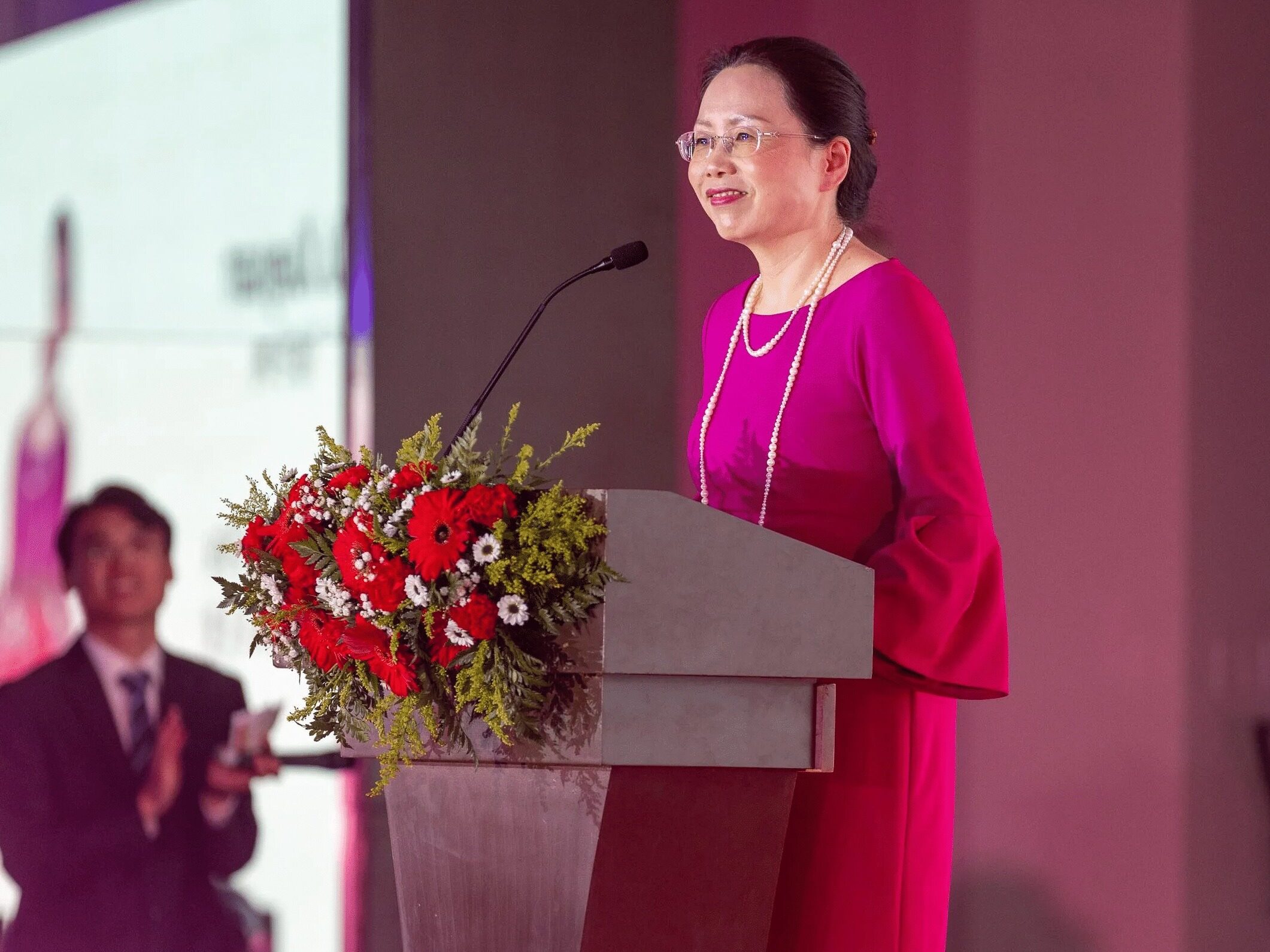
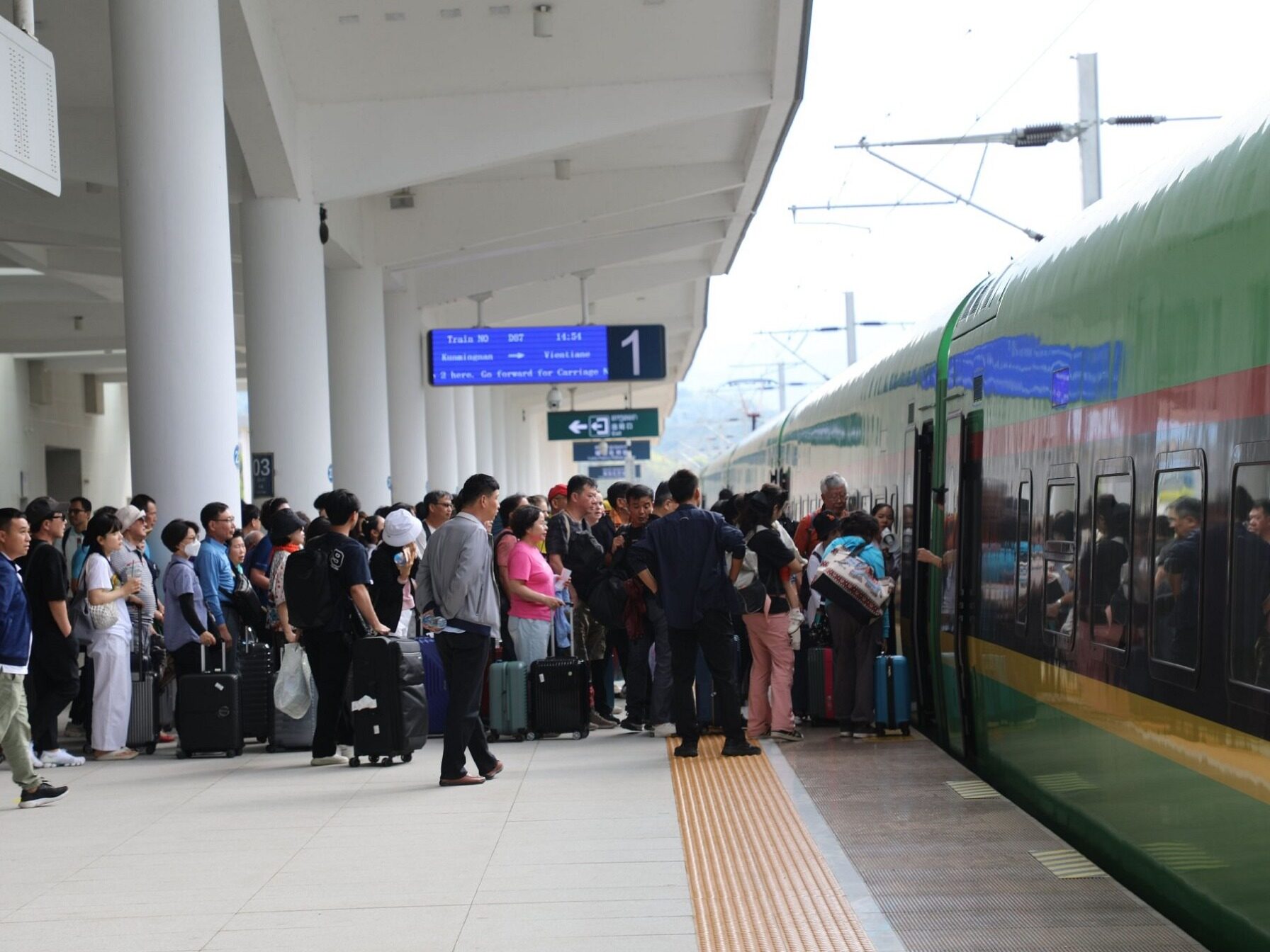
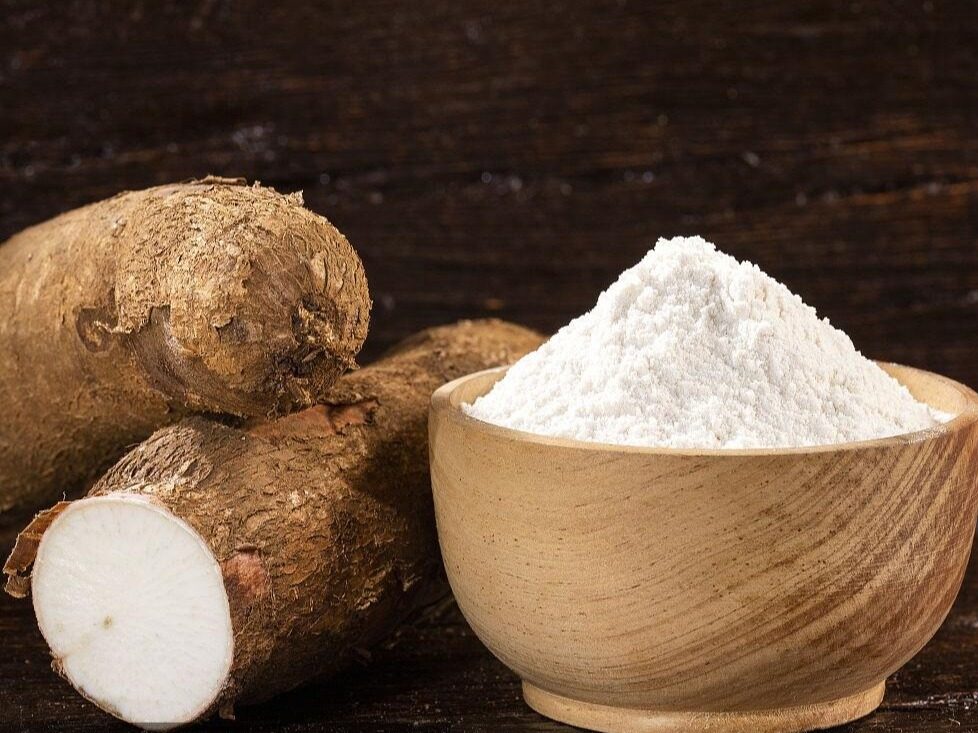
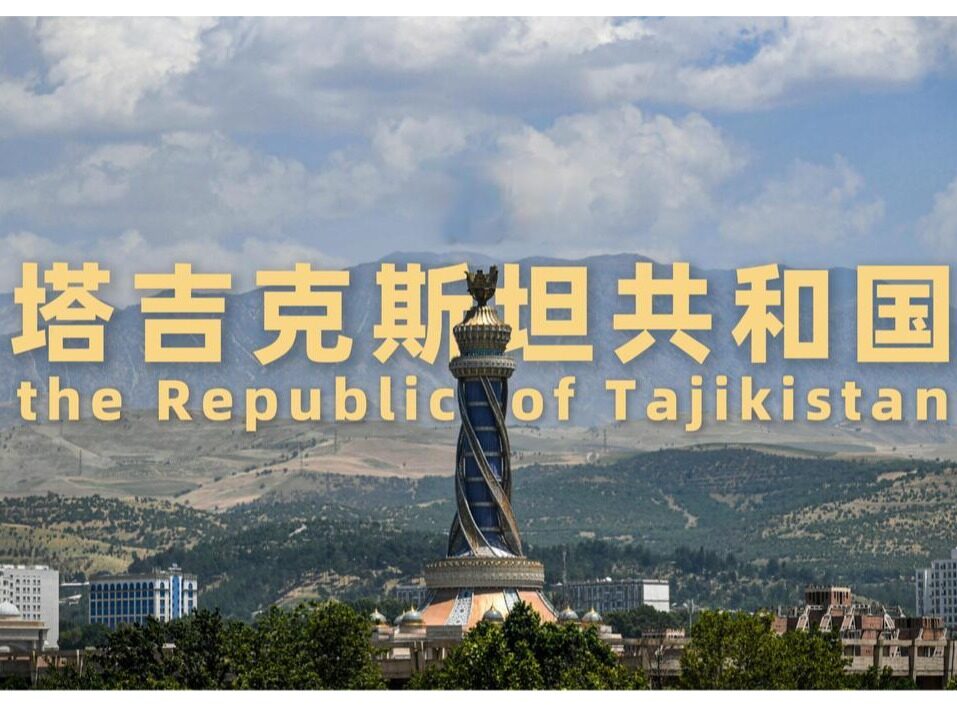

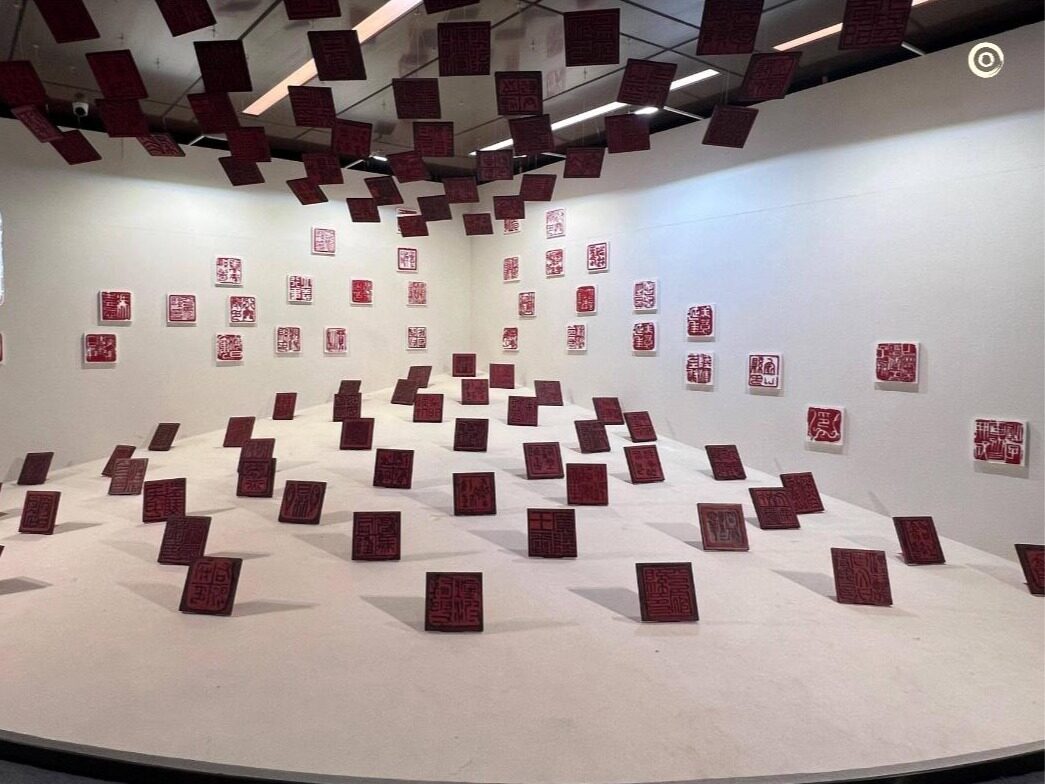






Write something~